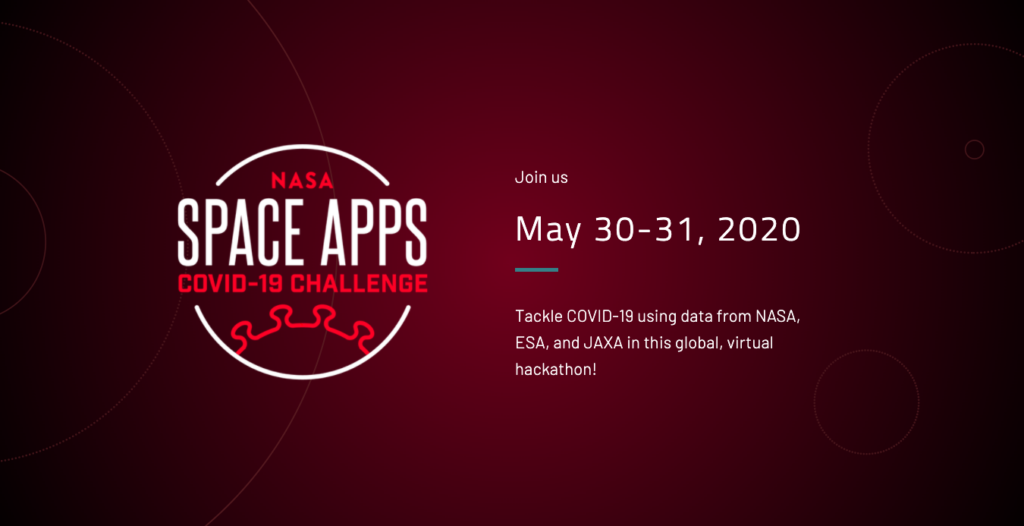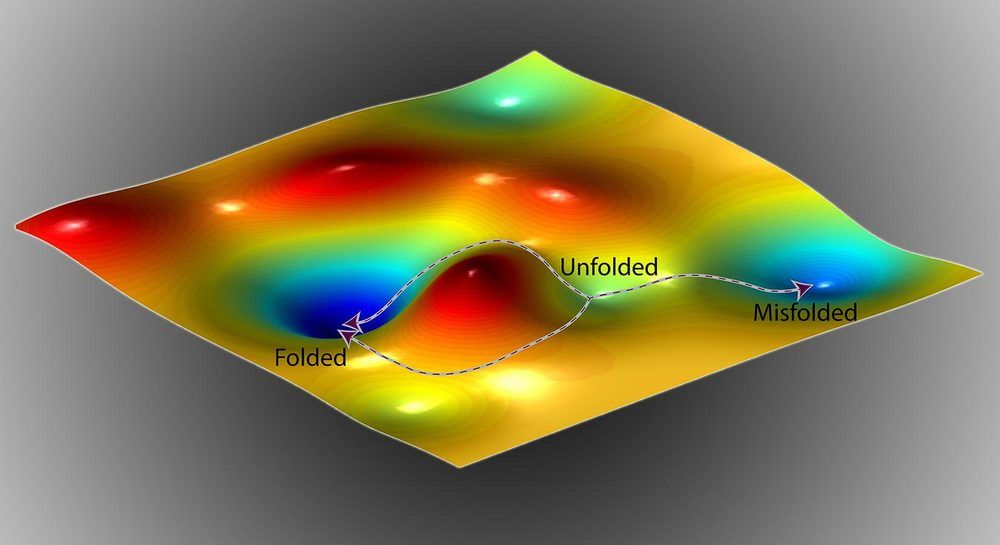May 13, 2020
Our weird behavior during the pandemic is messing with AI models
Posted by Jeremy Mancuso in categories: biotech/medical, information science, mobile phones, robotics/AI
In the week of April 12–18, the top 10 search terms on Amazon.com were: toilet paper, face mask, hand sanitizer, paper towels, Lysol spray, Clorox wipes, mask, Lysol, masks for germ protection, and N95 mask. People weren’t just searching, they were buying too —and in bulk. The majority of people looking for masks ended up buying the new Amazon #1 Best Seller, “Face Mask, Pack of 50”.
When covid-19 hit, we started buying things we’d never bought before. The shift was sudden: the mainstays of Amazon’s top ten—phone cases, phone chargers, Lego—were knocked off the charts in just a few days. Nozzle, a London-based consultancy specializing in algorithmic advertising for Amazon sellers, captured the rapid change in this simple graph.
It took less than a week at the end of February for the top 10 Amazon search terms in multiple countries to fill up with products related to covid-19. You can track the spread of the pandemic by what we shopped for: the items peaked first in Italy, followed by Spain, France, Canada, and the US. The UK and Germany lag slightly behind. “It’s an incredible transition in the space of five days,” says Rael Cline, Nozzle’s CEO. The ripple effects have been seen across retail supply chains.


















